Sustainability
„Sustainability is our creed“
Our nature and environment is very important for us, therefore we focus on sustainability and realize the following aspects with regard on social, ecological and economic dimensions:
OUR GOALS
- Environmental management
- Raising awareness of sustainability among all participants and the general public
- Participation and transparency
- Creation of long-term structures
- Strengthening regional value creation
Traffic Management
In order to provide an comfortable journey for all participants, a traffic concept has been developed which sets its focus on an environmentally friendly transport of all athletes as well as guests and volunteers.
The aim of this concept is to create incentives for all participants to reduce motorised private transport to a minimum. In addition to an optimally coordinated visitor guidance, we also rely on attractive offers, which particularly include the use of rail and public transport. Among other things, railway companies like the „Deutsche Bahn“ and the locally operated „Waldbahn“ offer attractive ticket specials in order to enable visitors to travel from all over Bavaria in a cost-effective and environmentally friendly manner. Guests will be specifically informed about all arrangements which are planned with respect to sustainability. Guests with overnightstay can travel for free with the guest-card.
Therefore, we ask all participants to refrain from travelling by car and to use environmentally friendly alternatives instead.
Waste Management
Large sporting events generate not inconsiderable amounts of waste. The disposal of this in turn causes costs and strains the environment.
Waste Reduction
We consistently try to limit littering on the event area as much as possible. In addition to our “Green Angels” – a waste team that is constantly on duty every day – as well as rubbish bins
on the footpaths, the pollution of the landscape should be avoided as much as possible. Any waste is collected separately and then disposed of in an environmentally friendly manner.
Reusable systems preferred / Use of biodegradable packagings
In the VIP area, only reusable dishes are used and also in the guest area there are mainly ecologically degradable materials offered whereas plastic products are strictly avoided.
Reduced paper consumption
We always make sure to reduce the amount of flyers, documents and promotional materials circulated to a minimum and make them available online as paperless as possible. Necessary documents are also printed on recycled paper.
Communication
The OC (Organization Committee) Bavarian Forest has set itself the task of always communicating all projects in the cross-sectional area of sustainability to all participants and guests, both digitally and by traditional means.
Avoidance of chemical toilets
In contrast to chemical toilets which are often used at big events, toilet containers will be placed at the Biathlon Championships in ARBERLAND, which are much more environmentally friendly, because: When cleaning the toilets we do it without the use of chemical substances for odour reduction and disinfection and instead use rainwater for cleaning the waste water.
Civic Involvement – better together
It should not be forgotten that the area of “sustainability” for our region also includes a social dimension. For several years now, winter sports events have been successfully held in the ARBERLAND. However, without the collective support of the so-called “volunteers” this would not have been possible for a long time. Together with more than 200 volunteers, who have worked a total of more than 5,000 hours, as well as the support of locally based associations, the sports events in our region are the best example of successful civic engagement.
Long-term use of the sports facilities
Long-term use of the sports facilities is an investment in the future. All buildings are to be used in the best possible way by a wide variety of target groups for decades to come.
Products: Fair, regional, sustainable
A balanced and healthy diet is considered an essential basis for top performance in sports. Therefore, we would like to offer healthy dishes not only to the athletes, but – of course – also to the guests and volunteers.
As a very rural and agricultural region the ARBERLAND hosts a multitude of regional producers. Regional products and services are therefore especially important. On top of that, we pay attention to fair supply chains for products that come from the Global South.
Added value: support of hosts
Since the Biathlon Championships will be attended by many international guests as well as national vacationers, we also make sure to support regional accommodation and service providers when booking accommodation for the athletes and guests of honor.
As a figurehead and well-known representative of the biathlon sport, the ARBERLAND takes responsibility in the field of sustainability and proves: The implementation of a Biathlon Championship can be designed in a resource-saving, environmentally friendly, socially sustainable and nevertheless economical way.
The production of artificial snow on the trails and in the stadium is only conducted in good weather conditions. This ensures efficient use of existing resources (water, electricity, personnel, machinery). production of artificial snow and preparation of the tracks are therefore concentrated on days with optimal weather conditions.
If there are good weather-conditions, an additional snow depot will be established near the stadium. This ensures there is enough snow available to quickly compensate a lack of snow in the stadium area or on the tracks.
Furthermore, “green energy” is used for operating the machines and the entire facility. Additionally, some buildings are equipped with photovoltaic panels to harness solar energy when there is no snow on the roofs.
